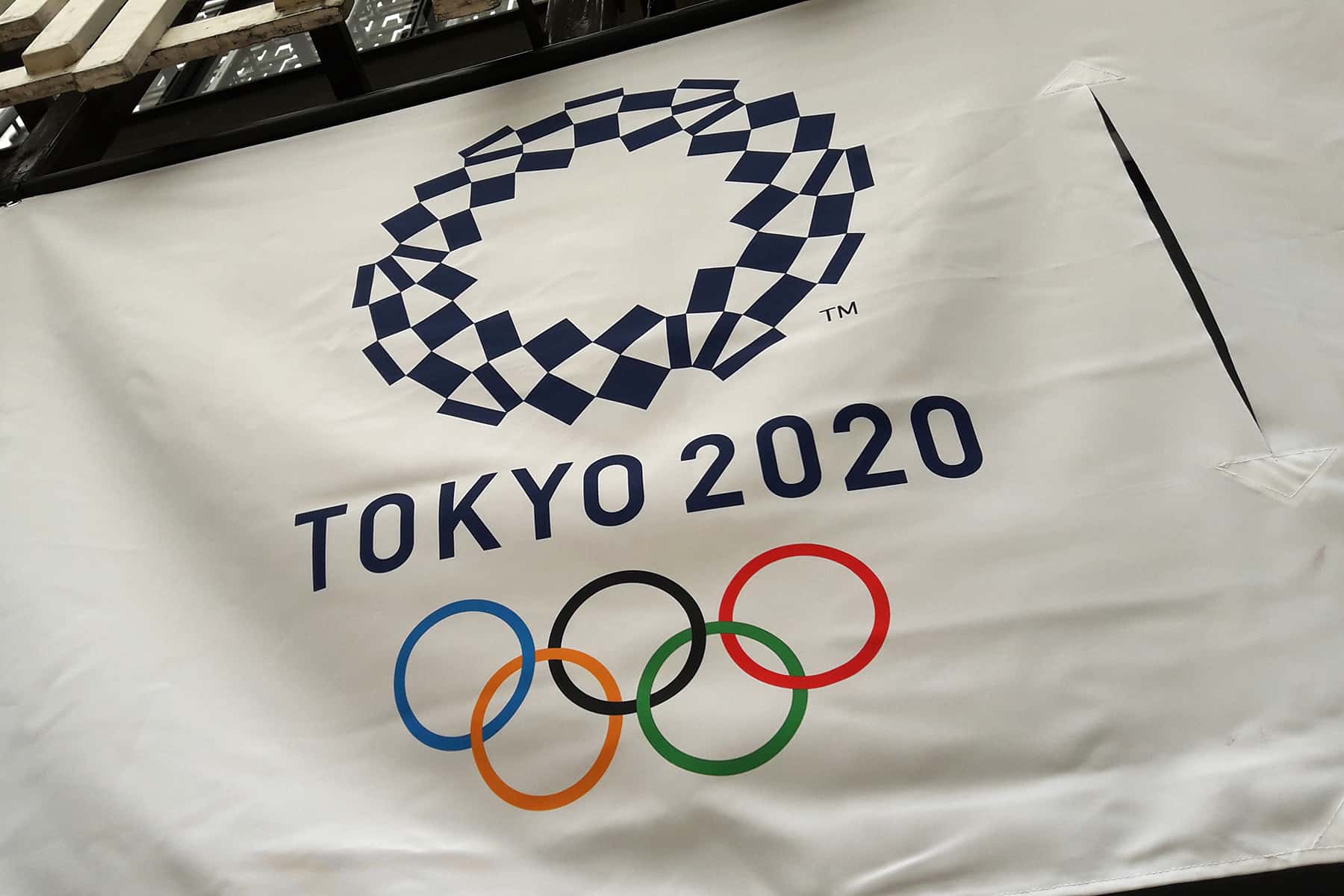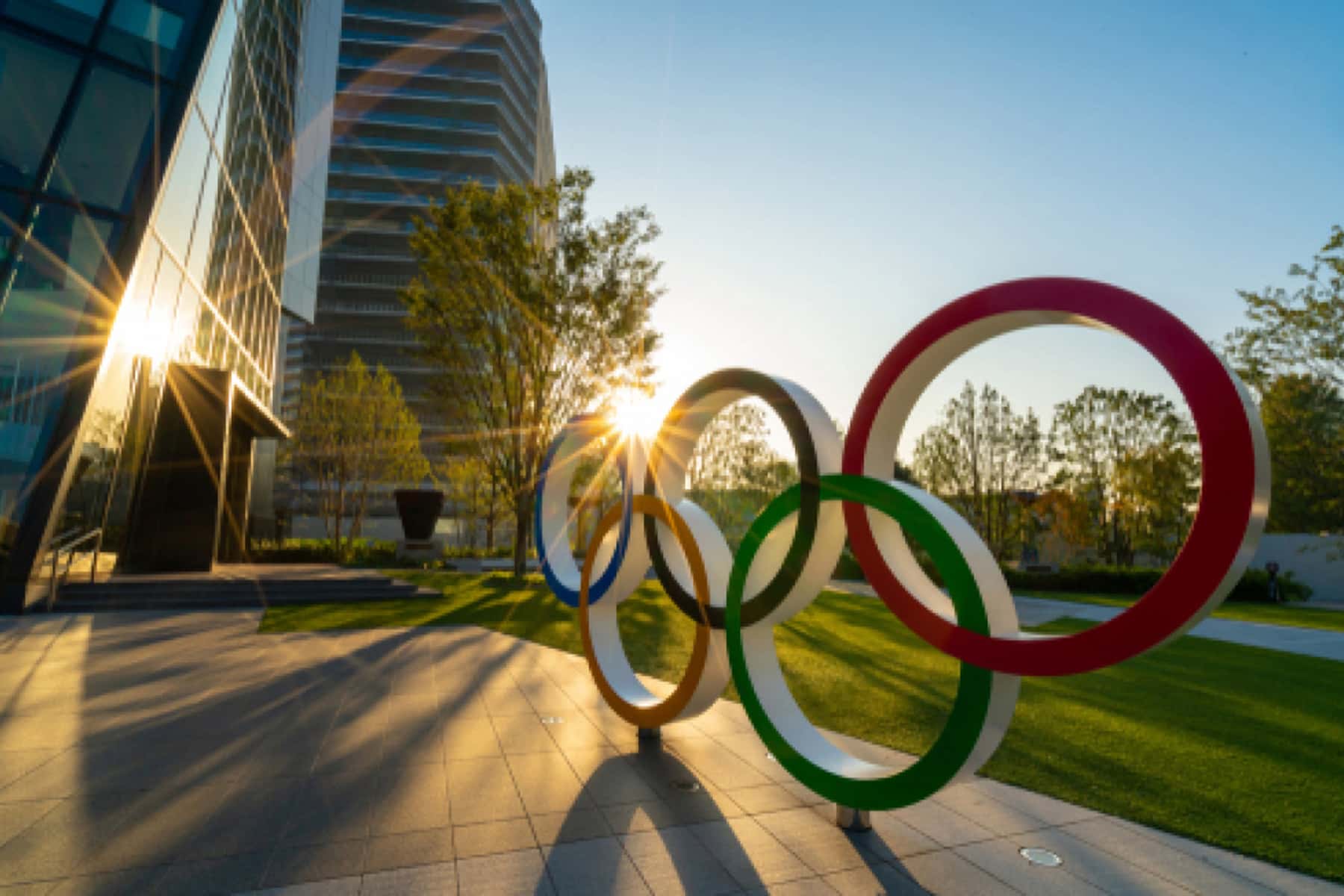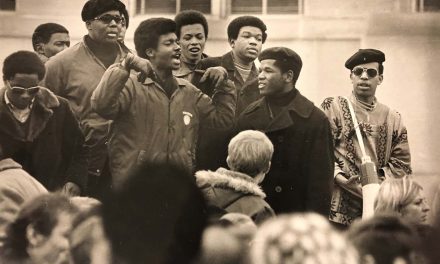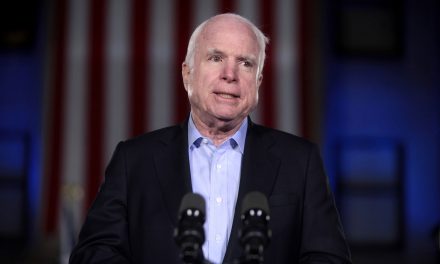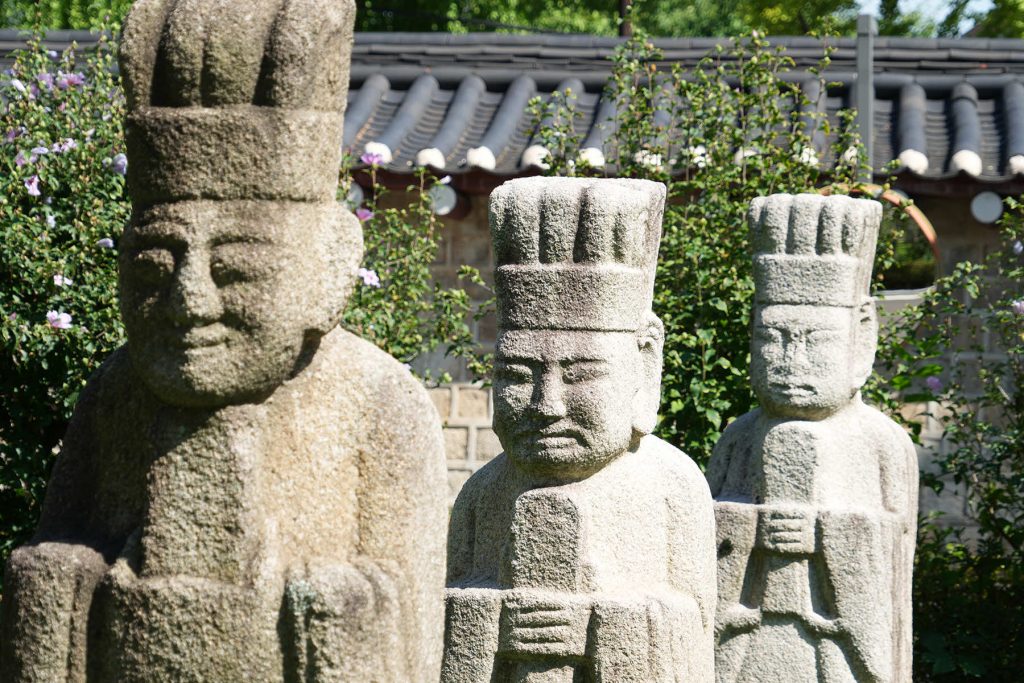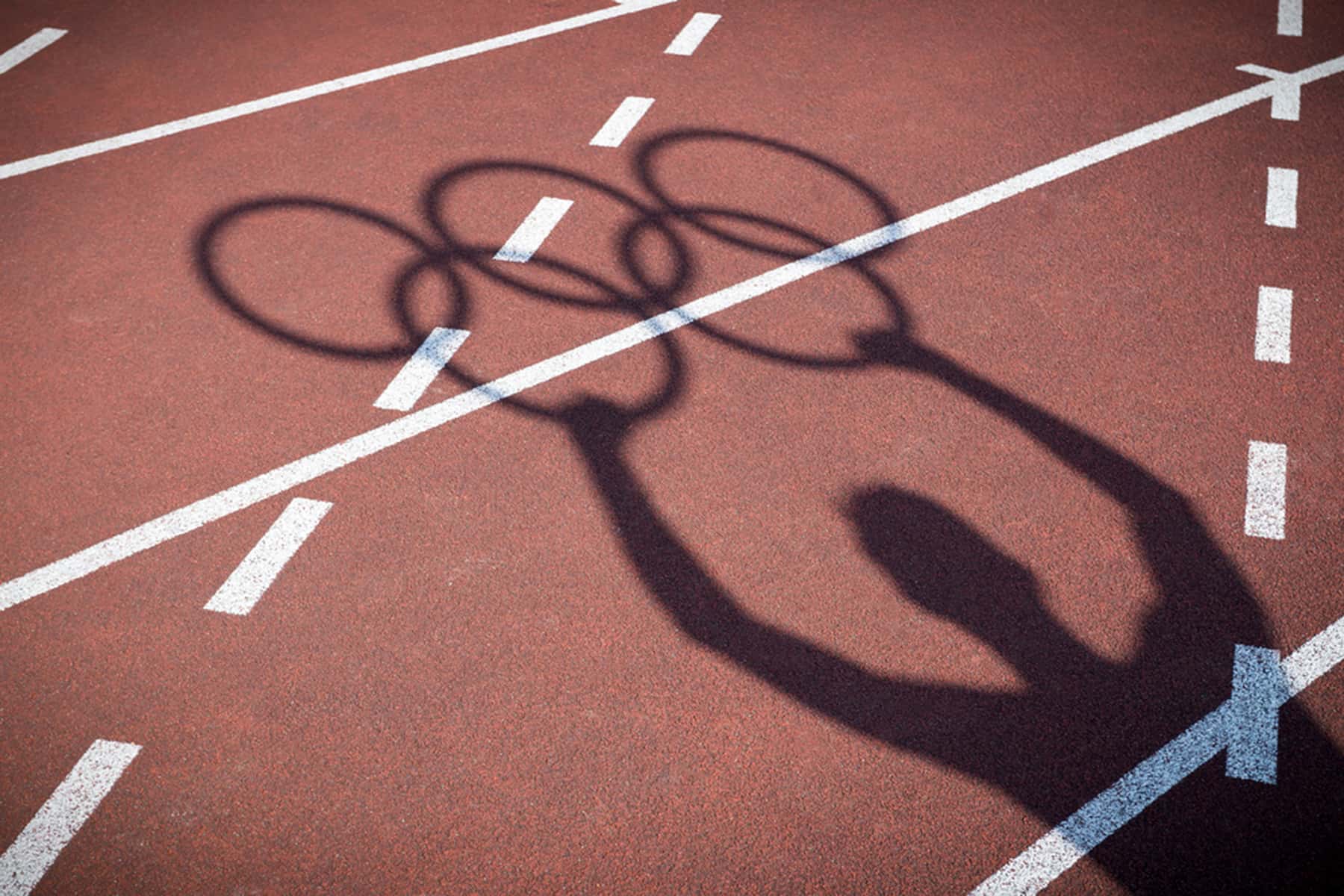
Not even the Summer Olympics could withstand the force of the coronavirus. After weeks of hedging, the IOC took the unprecedented step of postponing the world’s biggest sporting event, a global extravaganza that’s been cemented into the calendar for more than a century
The Tokyo Games, slated for 11,000 athletes from more than 200 countries and at a reported cost of $28 billion, had been scheduled to start July 24. They will now to be postponed until 2021 after talks between Japan’s prime minister, Shinzo Abe, and the International Olympic Committee president, Thomas Bach, led to confirmation of a decision – made inevitable by the coronavirus pandemic. Abe said they had established that cancelling the Games was out of the question, and that Bach had agreed “100%” that a postponement was the most appropriate response to the global disruption.
“We agreed that a postponement would be the best way to ensure that the athletes are in peak condition when they compete and to guarantee the safety of the spectators,” Abe told reporters shortly after his conference call with Bach, adding that the Games would be held by the summer of 2021.
The Games “must be rescheduled to a date beyond 2020 but not later than summer 2021, to safeguard the health of the athletes, everybody involved in the Olympic Games and the international community,” the IOC and the Tokyo 2020 Organising Committee said later in a joint statement.
The Olympic Games and Paralympic Games will continue to be called the “Olympic and Paralympic Games Tokyo 2020” even when they are held next year, and the Olympic flame will stay in Japan “as a beacon of hope to the world during these troubled times.”
Some IOC members have already raised the prospect of a “cherry blossom”
Games next April, however it is more likely that they will be staged in July 2021 when there are fewer sporting events due to take place. World Athletics has already indicated that it will be happy to shift its 2021 championships, which are due to take place in Eugene to 2022, and Fina, the organizers of the 2021 swimming world championships, in Japan next July, have said they will also follow suit.
The postponement is a blow to the host country, which has spent more than $12bn on the event, while huge sums are also at stake for sponsors and broadcasters. Goldman Sachs estimated this month that Japan would lose $4.5bn (550bn yen) in inbound and domestic consumption in 2020 if the Olympics did not take place as planned.
But the host nation greeted the IOC’s decision to postpone the Games by up to a year with a mixture of disappointment and resignation. Opinion polls taken before the announcement indicated that the Japanese public had already accepted that Tokyo 2020 would be sport’s biggest victims of the coronavirus pandemic. According to a news poll last week, almost 70% of respondents said they did not expect the Games to go ahead this summer.
The decision was welcomed by the British Olympic Association’s chief executive, Andy Anson, who said the organizers had no choice but to cancel the Games.
“It is with profound sadness that we accept the postponement, but in all consciousness it is the only decision we can support, in light of the devastating impact Covid-19 is having on our nation, our communities and our families,” Anson said. “It is time for them to stop thinking about Tokyo 2020 for now and be home and safe with their families. It would have been unthinkable for us to continue to prepare for an Olympic Games at a time the nation and the world no less is enduring great hardship. A postponement is the right decision.”
Athletes were disappointed but broadly endorsed the delay, given health risks and disruption to their training as gyms, stadia and swimming pools shut down around the world.
“Waited eight years for this, what’s another one in the grand scheme of things?” Britain’s world champion heptathlete Katarina Johnson-Thompson wrote. “As an athlete, it’s heartbreaking news about the Olympics being postponed until 2021, but it’s for all the right reasons and the safety of everyone! Stay indoors!”
However teenage Swedish pole vault world record holder Armand “Mondo” Duplantis, who was expected to be one of the stars of the Games, was more downbeat. “It’s a bummer, it’s a bummer that I won’t be able to compete in the Olympics this year, but you have to understand the situation, understand that some things are a little bigger than sport, and I guess we’ll have it next year.”
The Games have never before been postponed in this way, but they were cancelled in 1916, 1940 – also a planned Tokyo Games – and 1944, during the First and Second World Wars.
Justіn McCurry and Sеаn Іnglе
Originally published on The Guardian as Tokyo Olympics postponed to 2021 due to coronavirus pandemic
Help deliver the independent journalism that the world needs, make a contribution of support to The Guardian.

